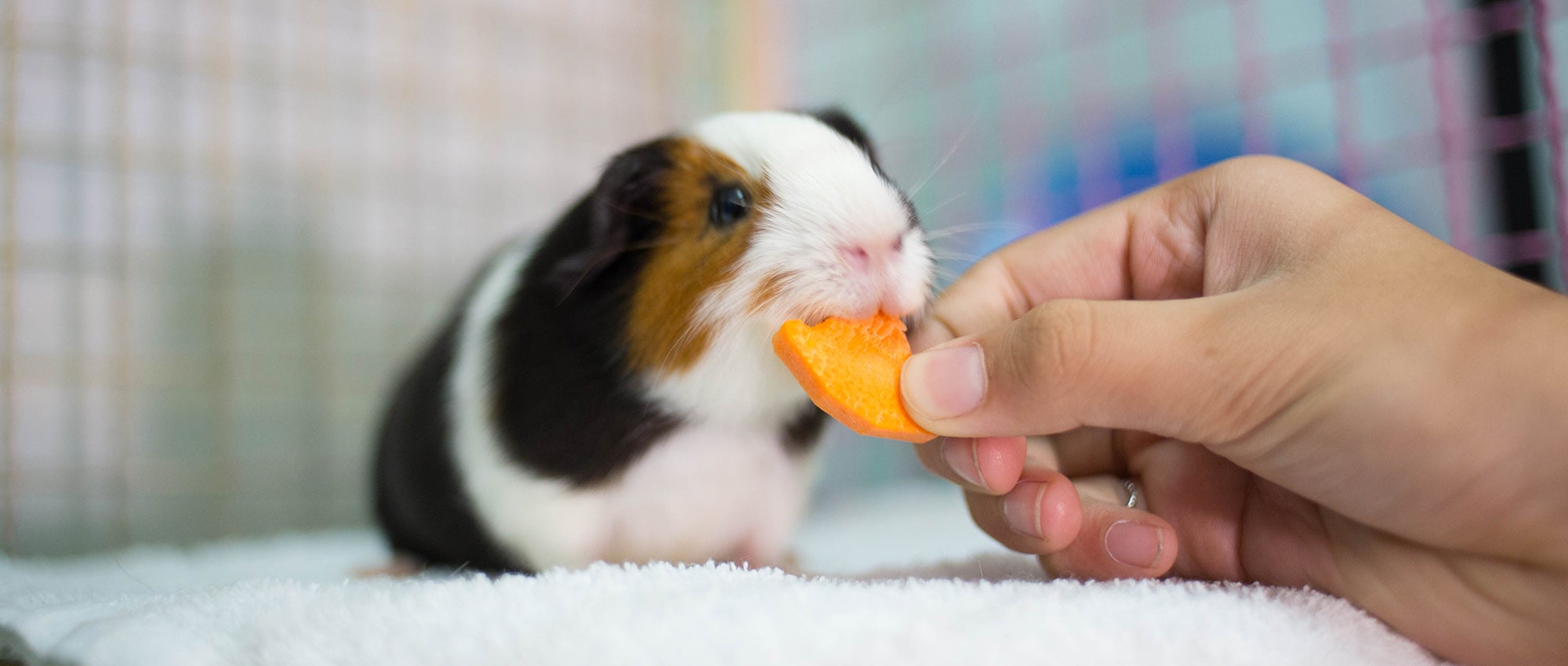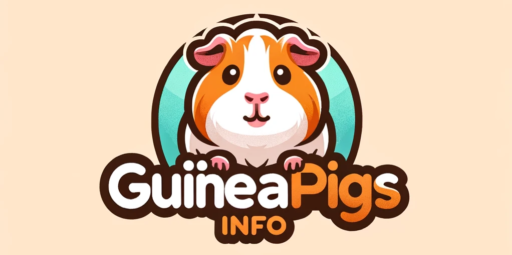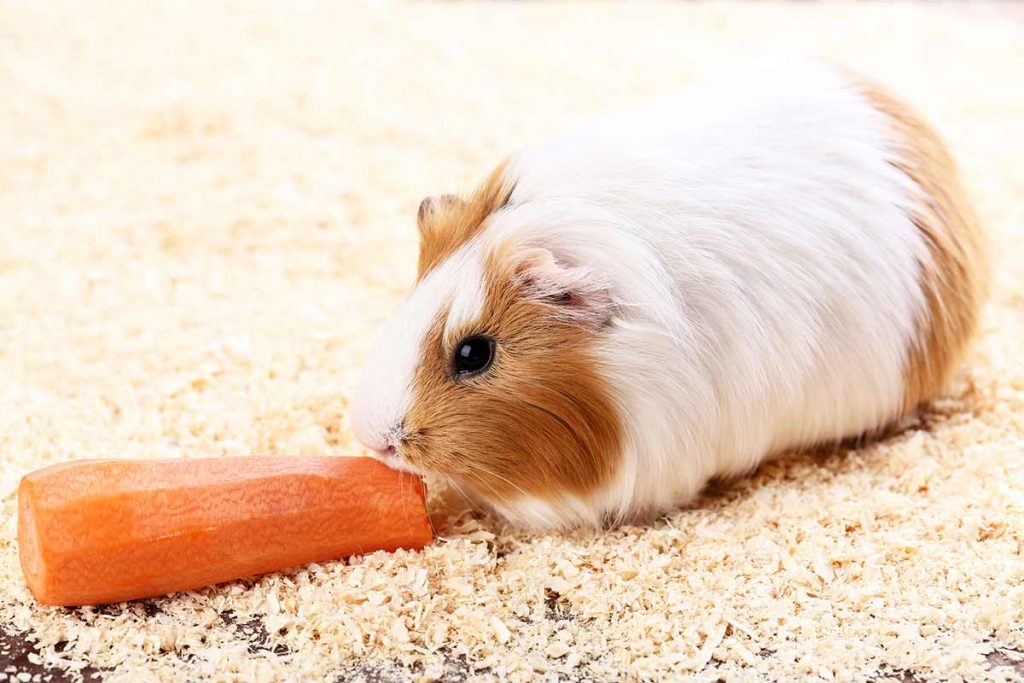Health & Care
Unlock the Secrets: How Diet Influences Your Guinea Pig’s Happiness and Vocalizations
- Understanding how diet affects guinea pig mood and vocalizations
- Essential nutrients for a happy and healthy guinea pig
- The connection between dietary diversity and guinea pig behavior
- Recognizing happy squeaks and distress signals related to dietary needs
- Guidelines for maintaining a balanced diet for optimal guinea pig well-being
Can the food you offer your guinea pig truly influence their state of mind and the charming squeaks they emit? Indeed, the secrets lie within a well-balanced diet that caters to the unique physiological and emotional needs of your furry companion. As caretakers, understanding the impact of nutrition on guinea pigs can lead to a harmonious and vocal relationship.
> READ MORE:
Contents
The Nutritional Blueprint for Guinea Pig Bliss
Guinea pigs, like all creatures, require a diverse range of nutrients to lead a joyful and expressive life. A deficiency or imbalance can lead to a plethora of issues, including mood swings and lessened vocalizations. The crux of their diet lies in the following imperative components:
- Vitamin C: Guinea pigs cannot synthesize Vitamin C and thus depend entirely on their diet for this essential nutrient. Lack of Vitamin C can lead to scurvy, a condition that directly dampens their spirits and vocal enthusiasm.
- Fiber: A fiber-rich diet consisting mainly of hay is instrumental in keeping a guinea pig’s digestive system running smoothly, directly impacting their happiness levels.

- Low Fat, High Fiber Pellets: These pellets provide an additional source of vitamins and minerals, ensuring a well-rounded diet.
- Fresh Vegetables: An array of vegetables enriches their diet with necessary vitamins and adds the excitement of variety, which is known to stimulate positive behaviors and cheerful vocalizations.
Dietary Diversity and Behavioral Correlation
Providing a varied diet not only prevents nutritional deficiencies but also contributes to a psychologically enriching environment. Guinea pigs are intelligent, curious animals and the introduction of new textures and tastes can lead to visible excitement and an increase in positive vocalizations, such as the happy ‘wheek’ sound when anticipating a favorite treat. Contrastingly, a monotonous diet can result in a lackluster and silent pet.
Deciphering Guinea Pig Vocalizations
Guinea pig vocalizations are a direct reflection of their well-being, much of which pivots on dietary satisfaction. The ‘wheek’ is a high-pitched squeak, often indicative of excitement, particularly for food. Conversely, a low-pitched grumble might signal discontent, which could be related to hunger or poor diet quality. We must be vigilant in recognizing these vocal clues to meet our guinea pigs’ dietary needs.
Striking a Balance: Diet Management for Euphoric Squeaks
To guarantee a well-balanced diet that makes your guinea pig both happy and chatty, adhere to these guidelines:
- Ensure unlimited access to high-quality hay, which should represent the bulk of their diet.
- Supplement with a small number of guinea pig pellets fortified with Vitamin C.
- Introduce a variety of fresh vegetables daily. Favorites include bell peppers, romaine lettuce, and cucumbers, which are packed with hydration and nutrients without being overly sugary.

- Offer fruits sparingly; their high sugar content can lead to obesity.
- Always have fresh water available to aid in digestion and overall health.
- Avoid feeding them anything toxic to guinea pigs, such as chocolate, caffeine, or dairy products.
By adhering to these dietary principles, you’ll foster a joyful, healthful environment that encourages your furry friend’s vocal expressions of happiness.
The Verdict on Vibrations and Victuals
In conclusion, connecting the dots between diet and mood is abundantly clear when it comes to our guinea pig’s happiness and vocal behavior. A nutrient-rich, varied diet leads to a more animated and vocal guinea pig, ultimately enhancing the bond between pet and caretaker. For guinea pig enthusiasts aiming for happy squeaks and contented chirps, unlocking the secrets of their diet is paramount.
As we tune into our guinea pigs’ diet-related cues and cater to their nutritional needs, we not only guarantee their health but also enable a symphony of delighted squeals and chirps indicative of their ultimate contentment.

